By sidelining First Nations outcomes, the Nelson Review of the National Electricity Market risks undermining both Australia’s renewable energy goals and the equitable transition that First Nations communities expect.
Our submission regarding the Nelson review is now published. We say:
The Capacity Investment Scheme (CIS) — which embeds social and First Nations outcomes in its merit criteria and makes them contractually binding — has become such a centrepiece of the Australian Government’s approach to the energy transition.
By proposing to remove competitive merit criteria, the Nelson Review leaves a policy vacuum, not only for First Nations outcomes, but also community outcomes, which have been so central to ensuring social licence concerns are addressed.
Australia’s renewable build requires unprecedented development on lands where First Nations have rights and interests.
Excluding First Nations outcomes undermines trust and increases the risk of opposition, delays and disputes—threatening Australia’s 82% renewable energy target.
The Panel’s proposed approach is inconsistent with the First Nations Clean Energy Strategy, a priority action under the National Energy Transformation Partnership endorsed by all Energy Ministers.
The First Nations Clean Energy Strategy explicitly commits governments to ensuring First Nations have equitable opportunities, benefit-sharing, and self-determination in the energy transition.
The Network calls on the Review Panel and governments to ensure that at a minimum, that First Nations merit criteria remain embedded in the proposed Electricity Services Entry Mechanism (ESEM), building on the CIS’s strengths and aligned with the First Nations Clean Energy Strategy.

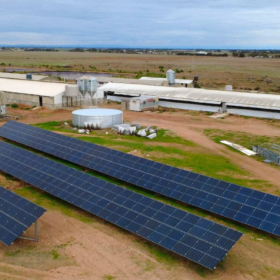
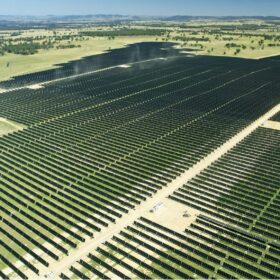
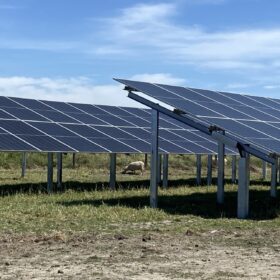
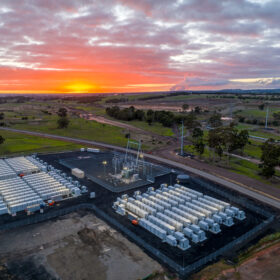
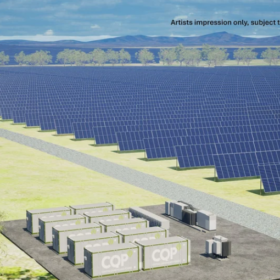
By submitting this form you agree to pv magazine using your data for the purposes of publishing your comment.
Your personal data will only be disclosed or otherwise transmitted to third parties for the purposes of spam filtering or if this is necessary for technical maintenance of the website. Any other transfer to third parties will not take place unless this is justified on the basis of applicable data protection regulations or if pv magazine is legally obliged to do so.
You may revoke this consent at any time with effect for the future, in which case your personal data will be deleted immediately. Otherwise, your data will be deleted if pv magazine has processed your request or the purpose of data storage is fulfilled.
Further information on data privacy can be found in our Data Protection Policy.